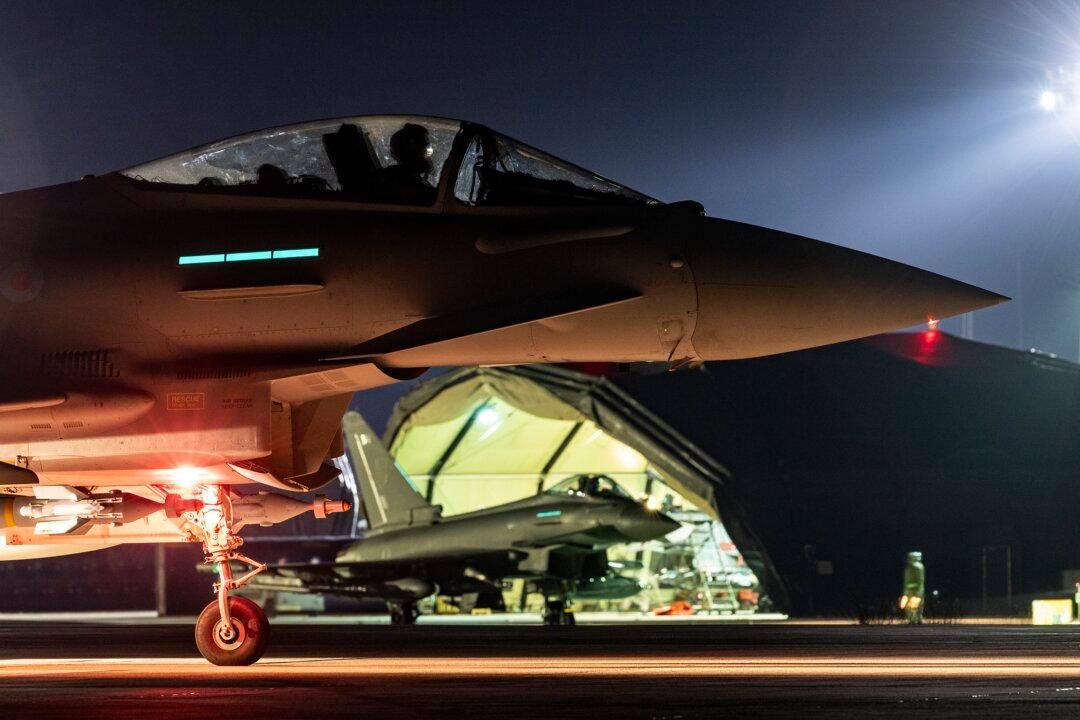Multiple nations, led by the United States and the UK, carried out strikes against the Houthis in Yemen on Feb. 24 following the terrorist group’s continued attacks against naval and commercial vessels traveling through the Red Sea and surrounding waters.
The strikes were supported by Australia, Bahrain, Denmark, Canada, the Netherlands, and New Zealand.





